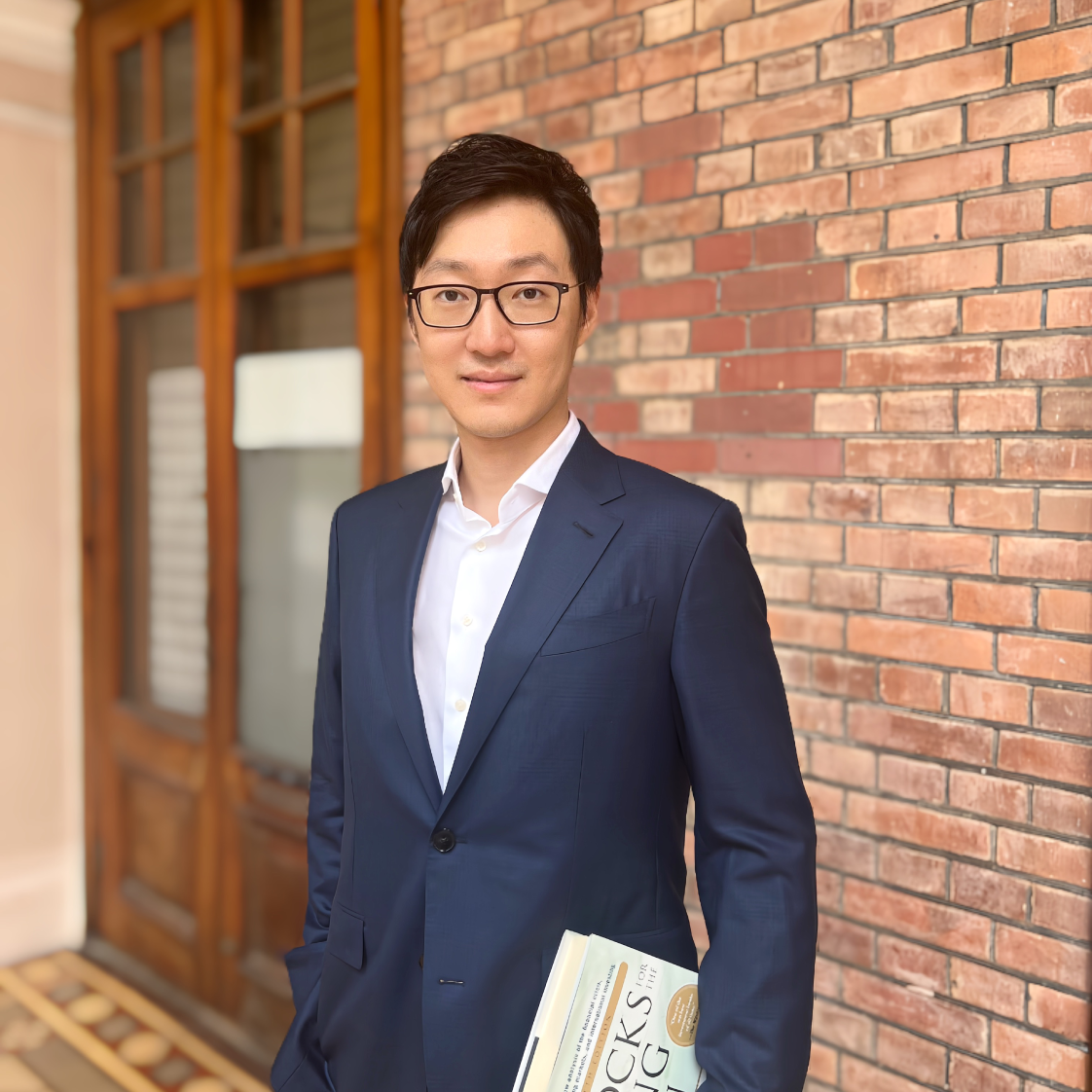
MWM Programme Director

Application Deadline for MAIB & MFWM
 18th Mar,2026 Wednesday
18th Mar,2026 Wednesday 12:00 noon (GMT +8)
12:00 noon (GMT +8)


MWM Programme Director
Top 6 questions about the Master of Wealth Management programme, answered by our Programme Director Prof. Yang Liu.
The programme is less technical and more comprehensive than a traditional master of finance programme. Wealth management professionals come from a diverse range of backgrounds. Therefore, we anticipate students from various undergraduate majors to form a dynamic and diverse learning community. While we certainly welcome students with conventional business backgrounds such as finance, economics, accounting, and marketing, we also embrace those from fields such as law, social sciences, media, and humanities.
Our curriculum, in consultation with the Private Wealth Management Association, is designed to cover innovative financial strategies, communication skills, current industry trends, and the regulatory landscape.
The fundamental core courses lay a solid finance foundation for students from diverse undergraduate backgrounds. These courses distinguish themselves from traditional finance courses by adopting a wealth manager's perspective, focusing on areas such as entrepreneurial finance and wealth management over economic cycles. The advanced core courses and electives cover three important pillars: wealth management instruments, interpersonal skills, and law and compliance. Students are guided through the process of creating comprehensive financial plans tailored to the unique needs of each client and developing effective communication skills. The capstone course unifies the entire structure, using case studies to give students the opportunity to apply all the knowledge gained throughout the programme.
HKU Business School has extensive experience in teaching wealth management through its Bachelor of Asset Management and Private Banking programme, one of the most popular undergraduate programmes in Hong Kong. We leverage this experience to further develop and enhance this master's-level programme.
Recognizing the practical nature of the wealth management field, the curriculum incorporates professors of practice and guest lecturers to introduce students to the latest industry skills and practices. Many of our professors are former senior executives and industry veterans, with a rich history of experience in prominent banks and family offices, such as Credit Suisse, HSBC, JP Morgan, Goldman Sachs, BNP Paribas, LGT, UBP, and more. By learning directly from experts with decades of experience in the field, students gain a deep understanding of real-world challenges and solutions.
As many of our professors are senior bankers, they offer valuable first-hand industry and career development knowledge throughout courses and career workshops. Students with excellent performance may be referred to internship opportunities. Additionally, students are paired with experienced wealth management practitioners who act as mentors, offering valuable guidance and support throughout their studies and enhancing their career development.
Master of Wealth Management graduates can anticipate promising career prospects in various roles within the financial services industry. These opportunities include positions in banks, wealth management firms, family offices, and asset management firms, in roles such as relationship managers, financial planners, investment advisors, product specialists, portfolio managers, and compliance specialists. Graduates may also pursue opportunities in related fields like legal services, trusts, insurance, tax advisory, consulting, accountancy services, and financial technology firms. Their specialised knowledge enables them to smoothly transition between subsectors, fostering growth and success in their careers.
HKU Business School offers a few specialised master's programmes to meet the evolving talent needs of the dynamic financial industry.
MWM provides a comprehensive education in financial instruments, investment strategies, and soft skills specifically tailored for the wealth management industry.
MFWM takes an interdisciplinary approach, focusing on family history and business, the history of wealth and financial markets, estate planning, and family office management.
The curricula and academic focuses of the two programmes are distinct, with less than one third of the courses covering overlapping topics. Additionally, these curricula have minimal overlap with the Master of Finance programme.
Hi, this is Victor!
How may I help you today?


